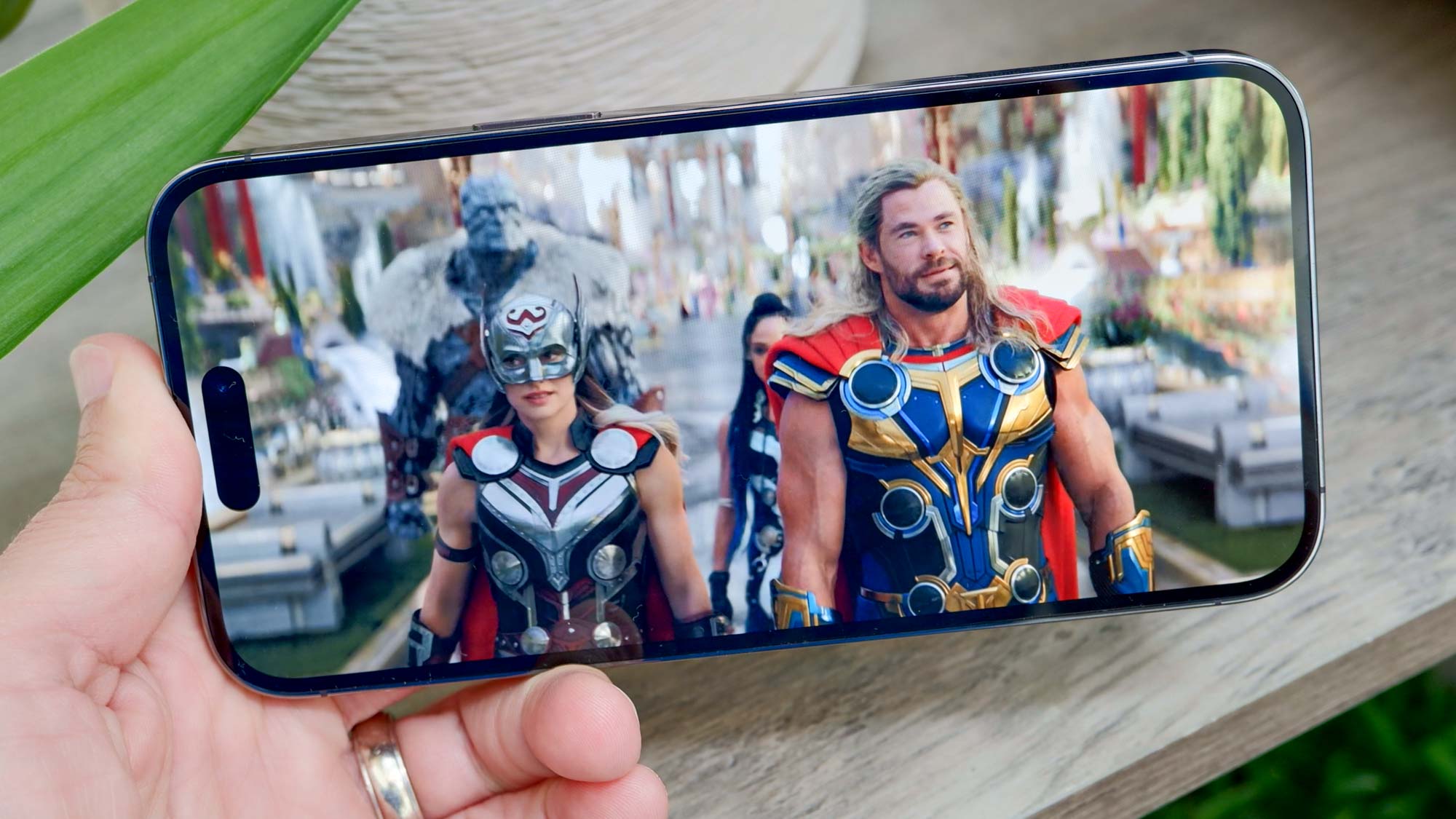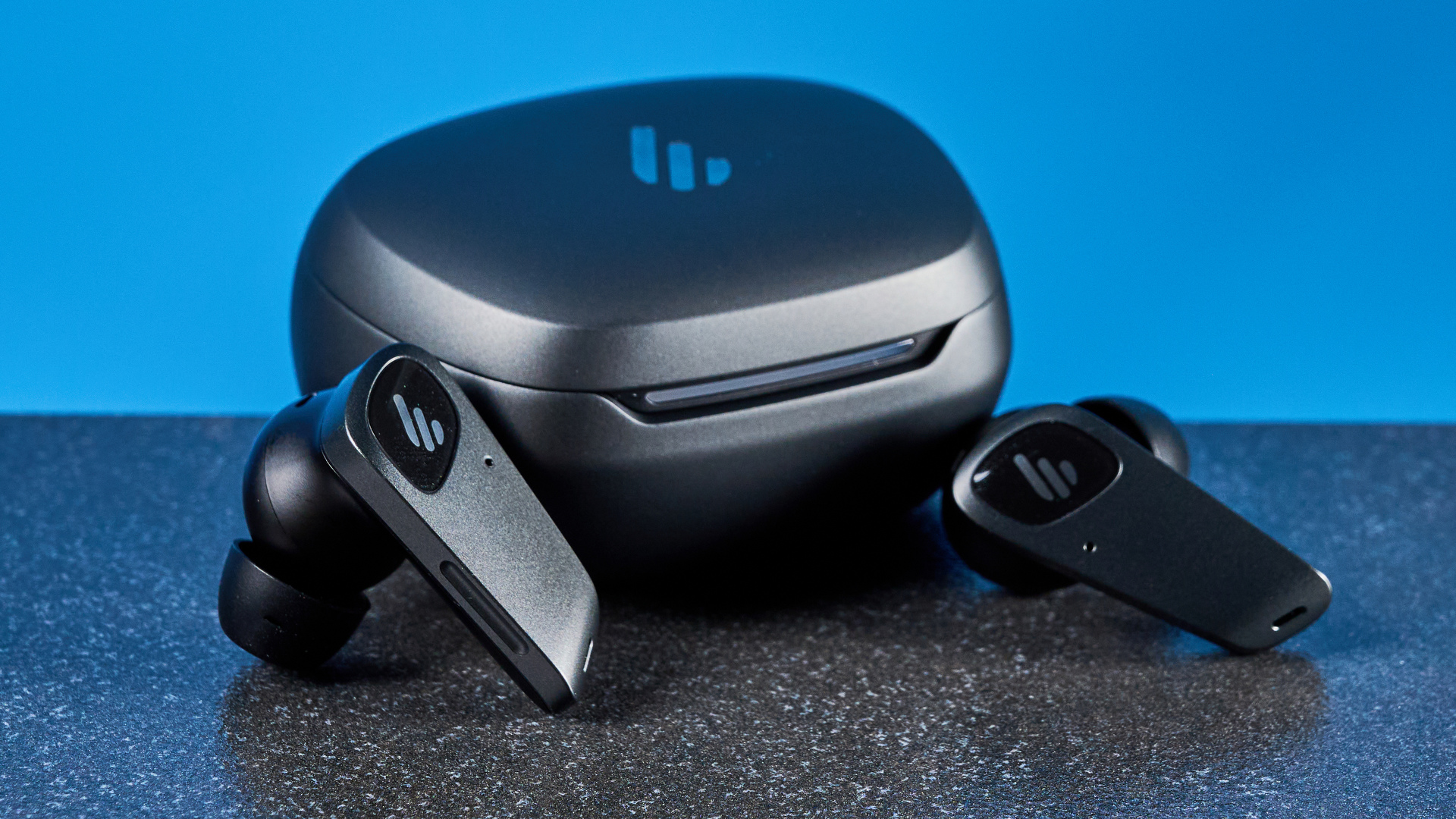The iPhone 14 Pro could have been even more powerful
Report suggests Apple was working on a ray tracing chip

The iPhone 14 Pro is, according to our benchmarks, the fastest smartphone you can buy. But, if The Information’s sources are to be believed, it could have been even better, with support for ray tracing.
According to the report, the plan was for the A16 Bionic chip powering the iPhone 14 Pro to offer a “generational leap” for the GPU, including support for ray tracing, but Apple’s engineers were “too ambitious with adding new features.”
This led to prototype units drawing more power than simulations suggested, which would have both made handsets too hot and hit battery life hard.
This, the report claims, is why the increase in performance between the iPhone 13 and iPhone 14 Pro is on the incremental side. Potential issues were only uncovered “late in development” meaning chip design had to closely mimic that of the previous generation — and the one that ended up in the non-Pro iPhone 14.
It was a mistake that was, apparently, “unprecedented in the [Apple Silicon] group’s history,” and it may go some way to explaining why Apple was relatively muted when promoting generational performance gains at its September event. Typically, the company bedazzles with numbers when talking about speed improvements, but this time around we got a sole mention of improvements to memory bandwidth.
If Apple had succeeded in making the A16 a generational leap, then the iPhone 14 Pro would have been even further removed from the non-Pro version. Despite this, the 120Hz display, Dynamic Island and 48MP camera seem to have done a good job in upselling consumers, with Apple struggling to keep up demand for iPhone 14 Pros, while iPhone 14 Plus units pile up in warehouses.
The rest of The Information’s piece concerns potential trouble ahead for the Apple Silicon team. While the group has run “like a well-oiled machine” up to now, the demanding environment is apparently taking its toll, with a brain drain of talent to other chip makers such as Nuvia, which was founded by former Apple engineer Gerard Williams III. Nuvia, notably, was purchased by Qualcomm last year.
Sign up to get the BEST of Tom's Guide direct to your inbox.
Get instant access to breaking news, the hottest reviews, great deals and helpful tips.
The talent drain was apparently so bad, that Apple reportedly tried to put people off leaving by preparing presentations demonstrating that most chip startups fail. You can read the whole piece at The Information.
Freelance contributor Alan has been writing about tech for over a decade, covering phones, drones and everything in between. Previously Deputy Editor of tech site Alphr, his words are found all over the web and in the occasional magazine too. When not weighing up the pros and cons of the latest smartwatch, you'll probably find him tackling his ever-growing games backlog. Or, more likely, playing Spelunky for the millionth time.

